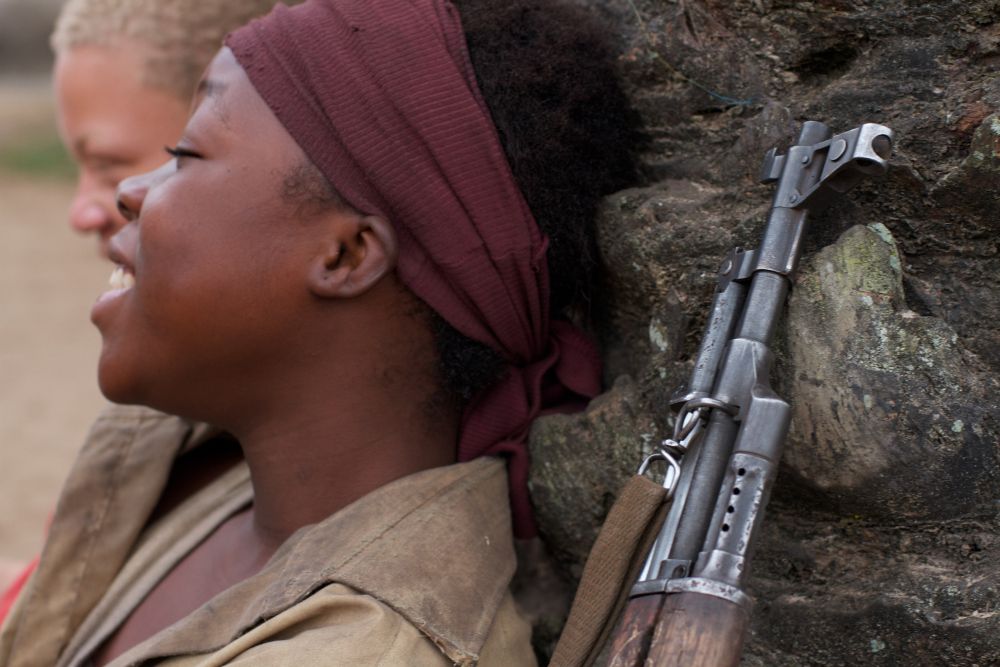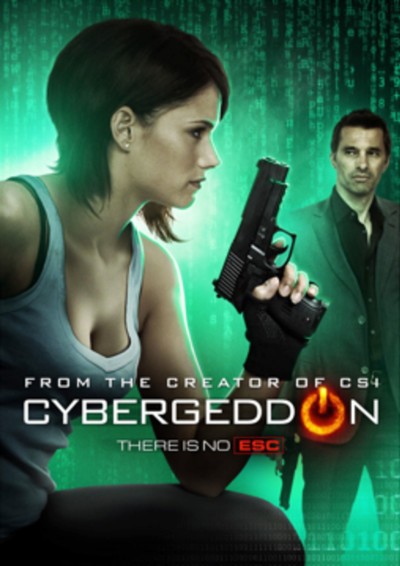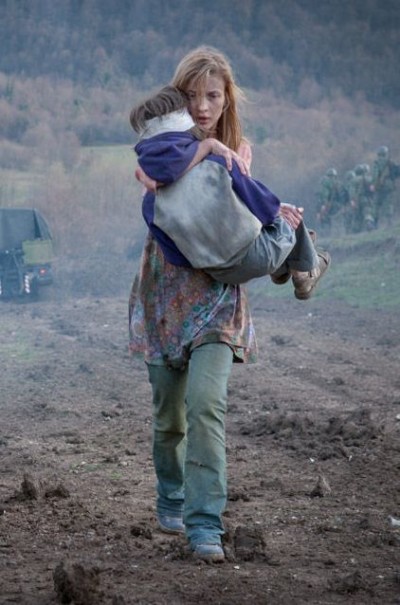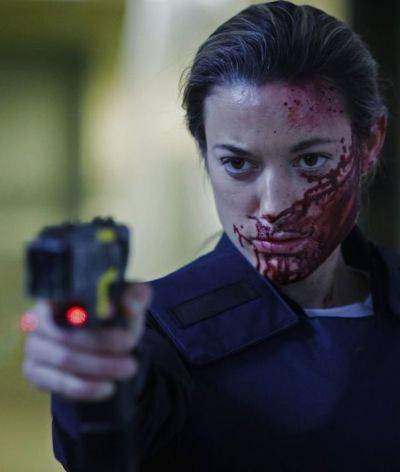★★½
“Make love, not war.”
 I was, I will admit, only vaguely aware of East Timor before watching this documentary, to the extent I could probably not have pointed to it on a globe with any precision. For those in a similar position, it’s a chunk of an island just to the north of Australia, which was occupied by Indonesia in 1975, not long after the Portuguese abandoned their colony. This kicked off a long, bloody period of unrest, which ran for virtually the rest of the century, and pitted those fighting for independence against the Indonesian Army and local militia groups. Leading the independence movement, FRETLIN, was charismatic guerrilla Xanana Gusmão, until his capture in 1992. One of those helping him continue to lead the group from jail was undercover FRETLIN operative “Ruby Blade” a.k.a. Australian teacher Kirsty Sword. The film is the story of how she ended up becoming the First Lady of an independent East Timor.
I was, I will admit, only vaguely aware of East Timor before watching this documentary, to the extent I could probably not have pointed to it on a globe with any precision. For those in a similar position, it’s a chunk of an island just to the north of Australia, which was occupied by Indonesia in 1975, not long after the Portuguese abandoned their colony. This kicked off a long, bloody period of unrest, which ran for virtually the rest of the century, and pitted those fighting for independence against the Indonesian Army and local militia groups. Leading the independence movement, FRETLIN, was charismatic guerrilla Xanana Gusmão, until his capture in 1992. One of those helping him continue to lead the group from jail was undercover FRETLIN operative “Ruby Blade” a.k.a. Australian teacher Kirsty Sword. The film is the story of how she ended up becoming the First Lady of an independent East Timor.
At the time, she was working in Indonesia’s capital, Djakarta, as an English teacher, and also helping East Timor students there, doing work like translation, from where she gradually drifted into becoming more actively involved in their struggle. Under the guise of trips to East Timor, ostensibly for humanitarian purposes, she acted as a courier, spy, money launderer and international media liaison for FRETLIN, and also helped funnel members who were on the run out of the country, with the help of friendly embassies. Her initial contact with Gusmão was teaching him English by mail, but she eventually met him in 1994, bluffing her way into the prison by saying she was there to visit an Australian who was, at the time, also being held there. Thanks also to bribed guards, Sword set him up with everything needed to keep running things, including eventually a mobile phone and even a computer. Meanwhile, their own relationship was also growing. After Xanana was released in 1999 and East Timor became independent, the pair married, and he was elected as the nation’s first president in May 2002.
This 2012 documentary is infuriatingly vague, since it skips many of the details, for example omitting entirely incidents like an apparent coup attempt in 2008, which saw Sword besieged with their children in her home, while her husband’s motorcade was ambushed. I’d like to have heard more of the nuts & bolts about her clandestine work, and perhaps rather less footage of Gusmão in prison. The film does give a sense of the danger with some disturbing footage of actual dead bodies, and incidents such as the Dili massacre in 1991, when 250 demonstrators were gunned down by Indonesian soldiers. That incident was recorded by a documentary film-crew, whom Sword was helping, and the resulting footage proved a significant catalyst in bringing East Timor’s plight to world attention. But all told, this isn’t the documentary I would have made on the topic, being more concerned with being worthy than enthralling.













